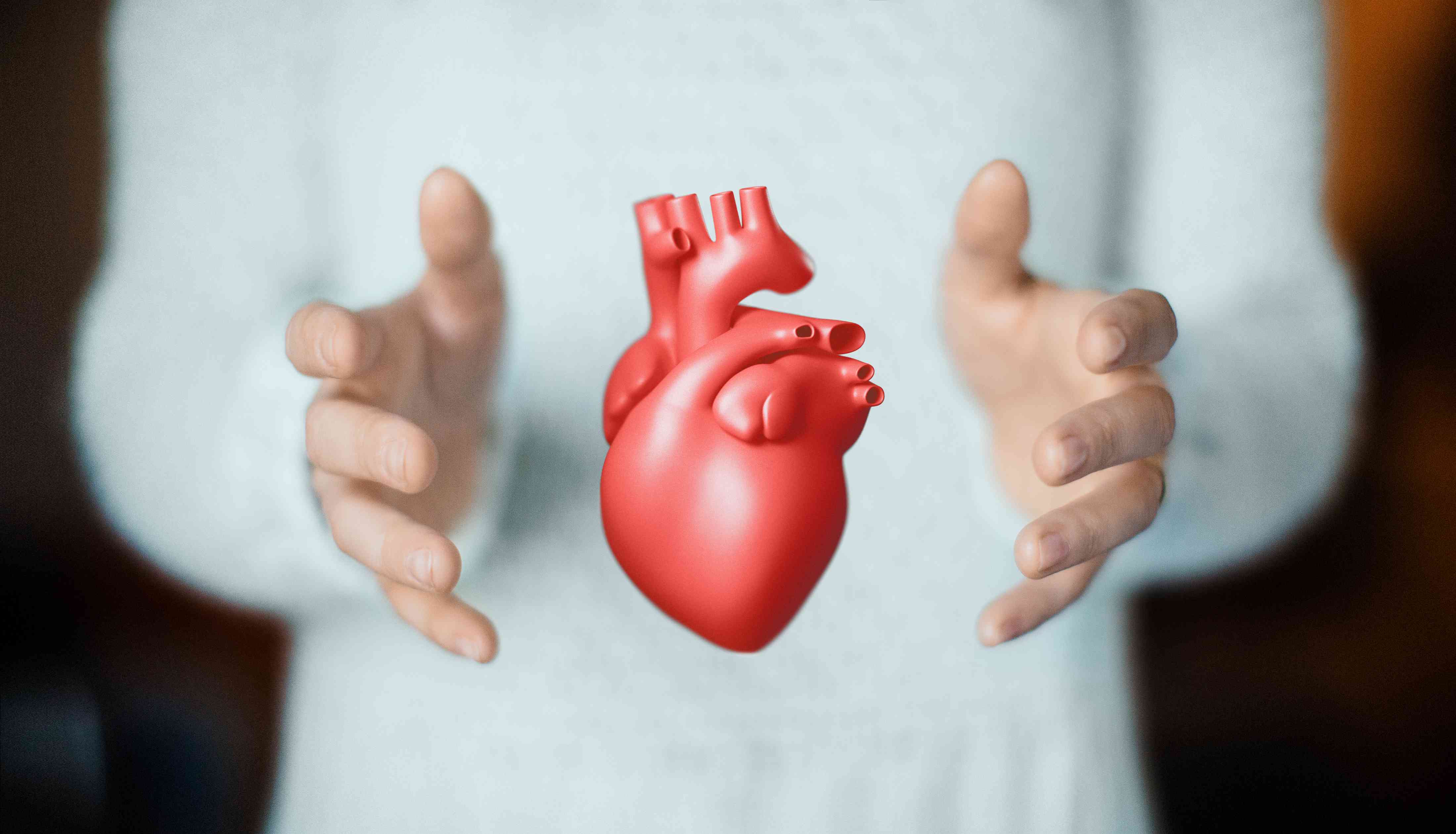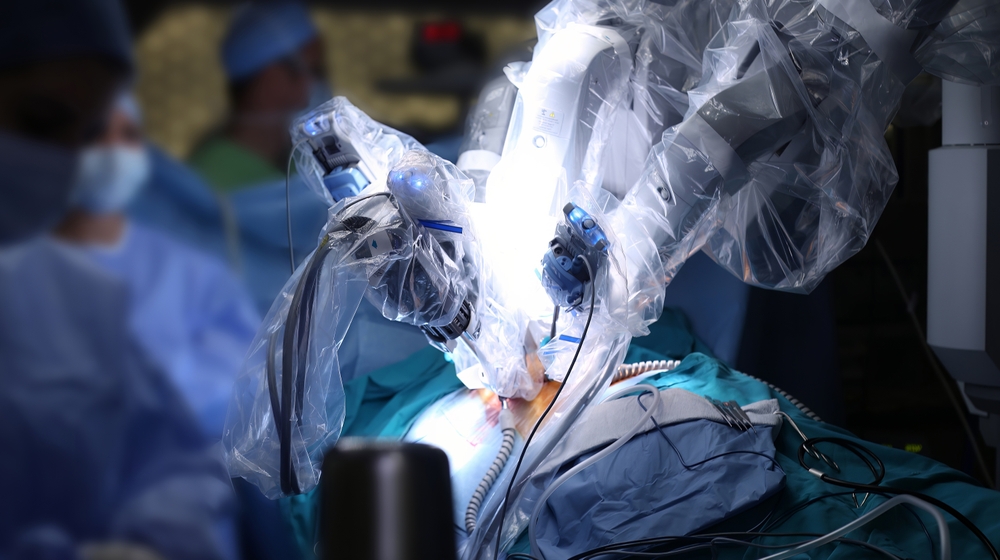
All You Need to Know about Heart Transplant
A heart transplant is a surgical procedure that involves the replacement of a diseased or failing heart with a healthier donor heart. When alternative therapies and medications fail to produce the intended results, a heart transplant is considered the last resort to treat acute cardiac conditions. Although it is a complex surgery, studies have shown that the survival rate is high, with most patients living healthy lives post-surgery provided they take appropriate post-surgery care.
Since undergoing heart transplant surgery is a life-altering decision, a thorough understanding of the whole process is helpful. Below is everything you need to know about heart transplants, including candidacy, risks, the procedure, and post-operative care.
Why Heart Transplant?
When regular medications, lifestyle changes, minimally invasive procedures, and other treatments are unable to cure a heart condition, it may result in heart failure and necessitate a heart transplant. Among adults, heart failure is generally caused by:
- Weakening of heart muscles (Cardiomyopathy)
- Coronary Artery Disease
- Heart Valve Diseases
- Heart Attack
- Heart disease from birth (Congenital Heart Defect)
- High blood pressure in lungs (pulmonary hypertension)
- Irregular and abnormal heartbeats (Ventricular arrhythmias)
- Failure of previous heart transplant
- Alcoholism and drug abuse
- Chronic lung diseases
- Low red blood cell count (anaemia)
In children, common causes of heart failure are cardiomyopathy and congenital heart defects.
Risks of Heart Transplant
Like any surgical operation, a heart transplant also has certain risk factors. For instance, it is natural for your body to reject and attack foreign objects and tissues that it perceives as a threat. Hence, it may attack the new organ transplanted into the body. Other risks include:
- Infection
- Bleeding during or after the surgery
- Blood clots
- Breathing problems
- Kidney failure
- Coronary allograft vasculopathy (CAV)
- Failure of the donor heart
Preparation before surgery
While a heart transplant may be the best option for people with severe cardiac issues, it is not for everyone. Surgeons assess various factors before performing the surgery to decide whether an individual is a good candidate for a heart transplant surgery or not. Some of these parameters are:
- Age: Most heart recipients are under the age of 65, as receiving a heart transplant at an older age may make it more difficult for the patient to recover.
- Overall health: Doctors review existing medical conditions and the medical history of the patient to assess issues that might arise during recovery.
- Attitude: Maintaining the donor heart's health necessitates lifestyle modifications such as regular exercise, a healthy diet, and abstinence from alcohol and tobacco. If patients are unwilling to commit to these lifestyle changes, they may not be eligible for the surgery.
Since a large amount of information is required to conduct the operation, the hospital staff performs a detailed evaluation which includes:
- Psychological and social evaluation: Factors like stress, financial issues, and support from family can affect how a patient recovers after the transplant.
- Blood tests: Blood tests help identify favourable donor matches and lower the likelihood of donor heart rejection.
- Diagnostic tests: X-rays, ultrasound procedures, CT scans, pulmonary function tests (PFTs), and dental checks aid in assessing overall health.
- Other preparations: Doctors may recommend certain vaccines to reduce the chances of developing infections that might affect the new heart.
After a thorough examination, the transplant team determines whether an individual is eligible for heart transplant surgery. Once accepted, they get listed on the waiting list for the donor organ.
Who are the Organ Donors for Heart Transplants?
Donors for heart transplants are individuals who have recently passed away or have become brain dead and have given prior permission for organ donation.
Heart Transplant Procedure
A heart transplant is an open-heart surgery that can take several hours to complete. Depending on the patient's condition, the procedure and heart transplant surgery cost may vary.
Heart transplant surgery begins by giving general anaesthesia to the patient. The nursing team then places an intravenous (IV) line in the hand or arm to inject medicines and IV fluids. They link a breathing tube to the ventilator to facilitate breathing. After the necessary arrangements are made, the surgeon creates an incision in the chest, separates the chest bone, and opens the rib cage to operate on the heart. The diseased heart is then removed and replaced with a healthy donor heart. All blood vessels are also removed from the bypass machine and connected to the new organ. The new heart often starts beating as soon as the blood flow is restored.
Recovery after Heart Transplant: At Hospital
The recovery process following a heart transplant begins in the hospital. The patient is initially kept in an intensive care unit (ICU) for several days and then transferred to a regular hospital room. Various medicines are prescribed to help control the pain and limit the risk of infection. The nursing staff ensures that the patient receives optimal post-care services, including assistance with physical therapy and breathing exercises. Most heart recipients stay in the hospital for 7-14 days.
Recovery after Heart Transplant: At Home
At home, heart recipients must check for any signs of rejection or infection. If they experience symptoms like shortness of breath, fatigue, fever, etc., they must immediately inform the transplant team. Apart from that, they also have to make long-term lifestyle changes after surgery. These include:
- Taking immunosuppressants: These medications decrease the activity of the immune system to prevent it from attacking the donated heart. As immunosuppressants make the body more vulnerable to infection, doctors might also prescribe antibacterial, antiviral, and antifungal medications.
- Diet and nutrition: Maintaining a healthy weight through diet and exercise can help avoid complications such as high blood pressure, heart disease, and diabetes.
- Exercise: Following a heart transplant, patients have to incorporate exercise and physical activity into their daily routine to improve their overall physical and mental health. Regular exercise also helps maintain a healthy weight, control blood pressure, and strengthen bones.
- The Myocardial Biopsy: To determine whether the body is rejecting the new heart, patients undergo frequent biopsies for the first few months after the heart transplant surgery.
Conclusion
Heart transplant surgery can be a life-giving boon and improve the quality of your life to a great extent if you take good care of the new heart. Medanta, one of India's best heart transplant hospitals, offers a team of highly-skilled, experienced, and dedicated heart surgeons, cardiologists, and radiologists who provide comprehensive care to patients throughout their heart transplant journey. For more information regarding the treatment options available for heart ailments, visit the Heart Institute of Medanta here.






